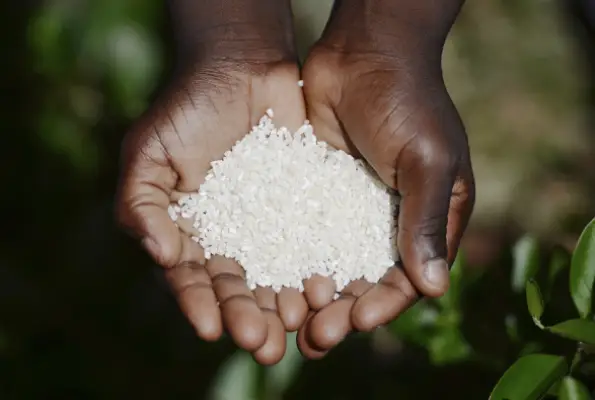In order to support trade finance, farming, and food security in the region, development lender British International Investment (BII) announced that it had reached an agreement with the Eastern and Southern African Trade and Development Bank on a USD 100 million financing facility.
The funding will support trade on a continent where many debt-ridden African economies are confronted with depreciating currencies, mounting debt, and inflation that is exacerbated by problems like climate change.
Trade will include the import and export of goods. Increased capital is needed to support trade finance in the region because many international lenders have stopped offering it, creating a USD 120 billion annual financing gap, according to research by the African Development Bank.
Financing for TDB will enable local businesses to purchase necessary supplies like machinery and fertilisers, boosting output and cross-border trade, food security, job creation, and economic resilience, according to the lender.
Supporting African Economies
“This investment underscores the United Kingdom government’s commitment to supporting economic and agricultural development across Africa,” Andrew Mitchell, Britain’s Minister for Development and Africa said.
At least 30% of BII’s total new commitments by value between 2022 and 2026 will be in climate finance, according to the organisation, which has investments in over 1,470 companies in emerging economies across 65 countries and total assets of 8.1 billion pounds.
According to Admassu Tadesse, the managing director and president of TDB Group, the bank would be able to handle supply chain disruptions and currency shortages with the help of the fourth financing facility of its kind ever agreed upon with the lender.
Furthermore, he said, it would enable the group to perform a crucial role, “often working counter-cyclically to contribute to the security of supply of essential commodities in high priority sectors such as agriculture and healthcare.”
Meanwhile, in order to solve the three enduring issues facing Africa’s agricultural sector, inefficiency, exclusivity, and unsustainability, digital technologies will be crucial, according to the 2023 Africa Agriculture Status Report, “Empowering Africa’s Food Systems for the Future.”



